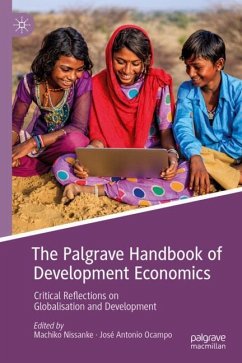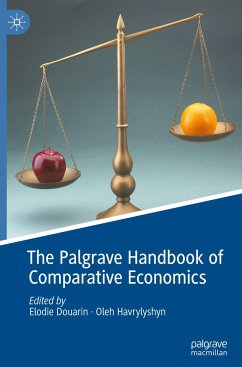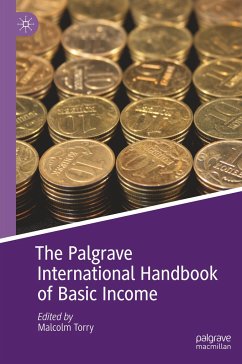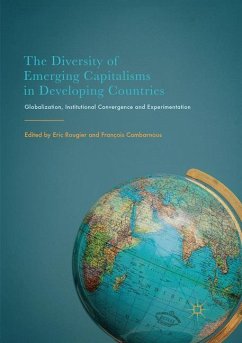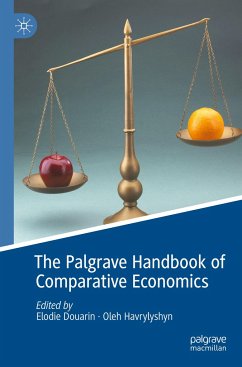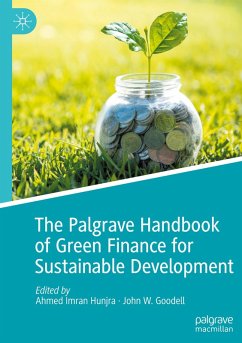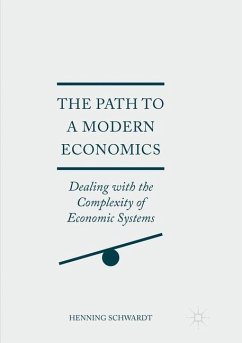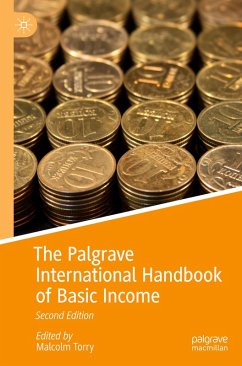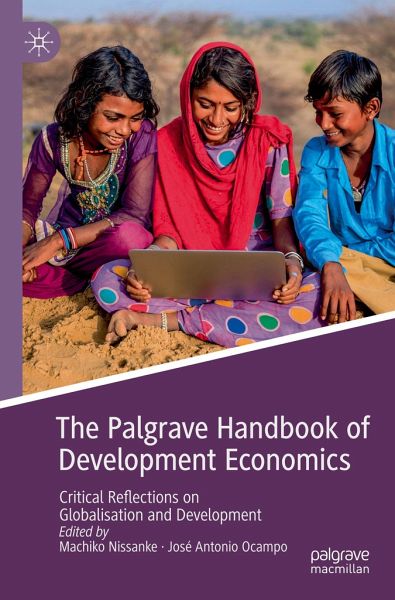
The Palgrave Handbook of Development Economics
Critical Reflections on Globalisation and Development
Herausgegeben: Nissanke, Machiko; Ocampo, José Antonio
Versandkostenfrei!
Versandfertig in 6-10 Tagen
174,99 €
inkl. MwSt.

PAYBACK Punkte
87 °P sammeln!
This Handbook responds to the needs and aspirations of current and future generations of development economists by providing critical reference material alongside or in relation to mainstream propositions. Despite the potential of globalisation in accelerating growth and development in low and middle-income countries through the spread of technology, knowledge and information, its current practice in many parts of the world has led to processes that are socially, economically and politically and ecologically unsustainable. It is critical for development economists to engage with the pivotal qu...
This Handbook responds to the needs and aspirations of current and future generations of development economists by providing critical reference material alongside or in relation to mainstream propositions. Despite the potential of globalisation in accelerating growth and development in low and middle-income countries through the spread of technology, knowledge and information, its current practice in many parts of the world has led to processes that are socially, economically and politically and ecologically unsustainable. It is critical for development economists to engage with the pivotal question of how to change the nature and course of globalisation to make it work for inclusive and sustainable development. Applying a critical and pluralistic approach, the chapters in this Handbook examine economics of development paths under globalisation, focusing on sustainable development in social, environmental, institutional and political economy dimensions. It aims at advancing the frontier of development economics in these key aspects and generating more refined policy perspectives. It is critically reflective in examining effects of globalisation on development paths to date, and in terms of methodological and analytical approaches, as well as forward-thinking in policy perspectives with a view to laying a foundation for sustainable development.



